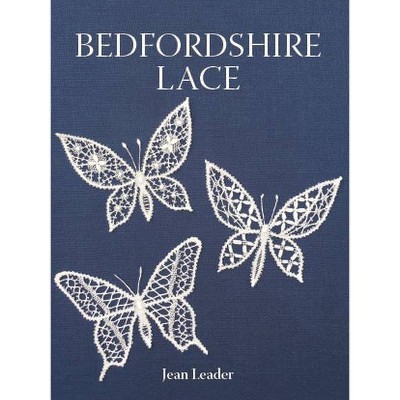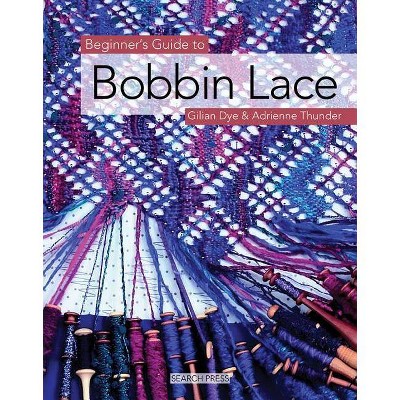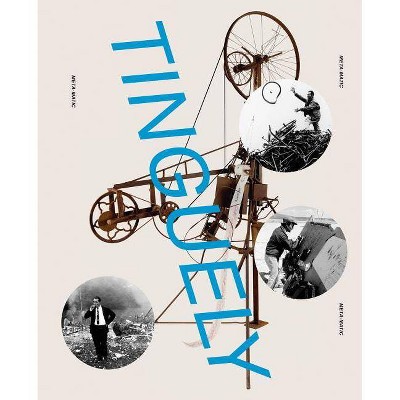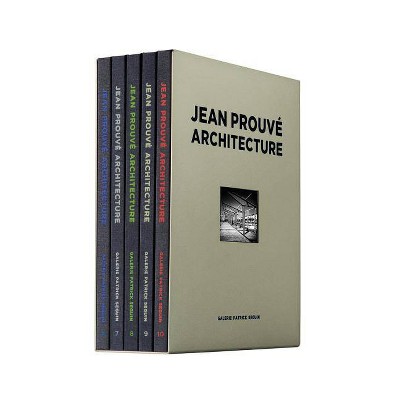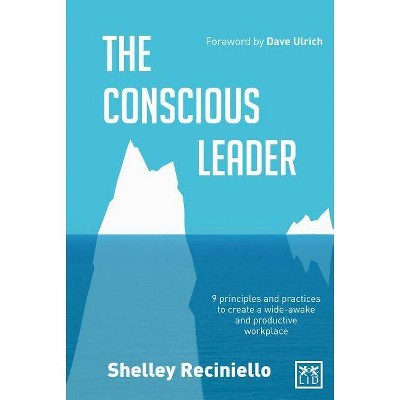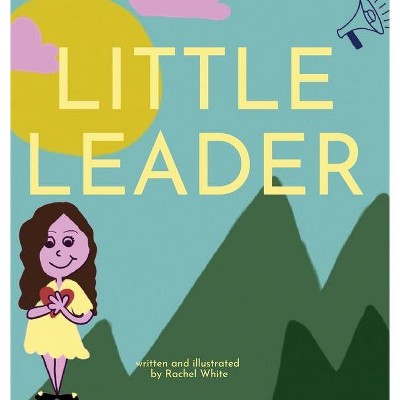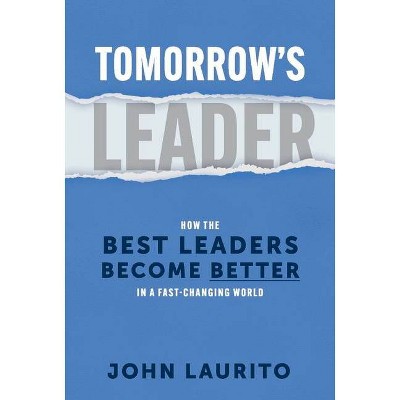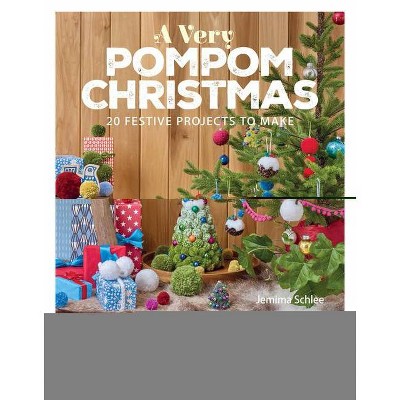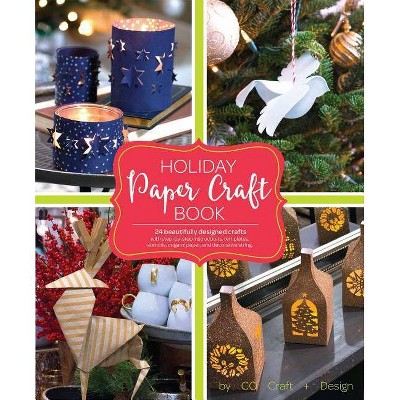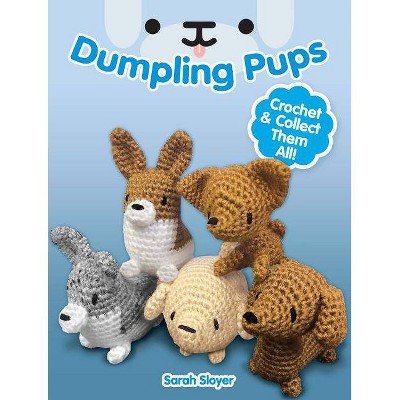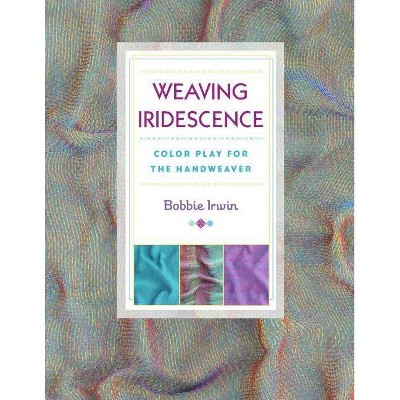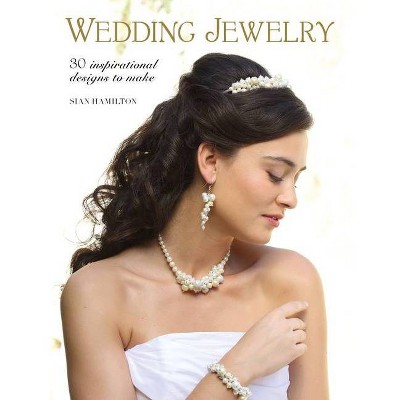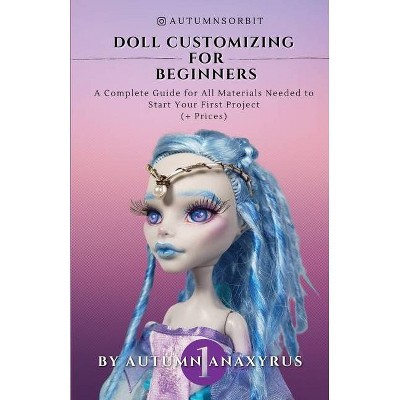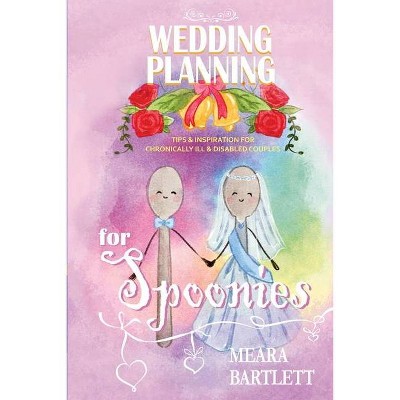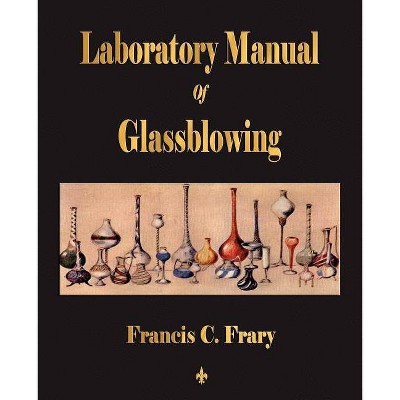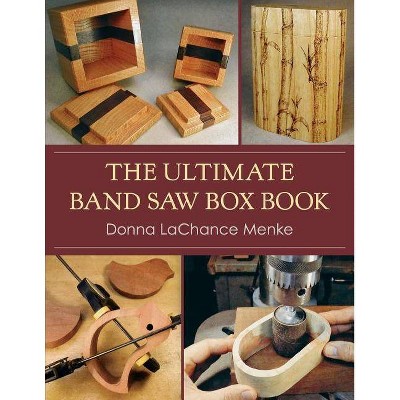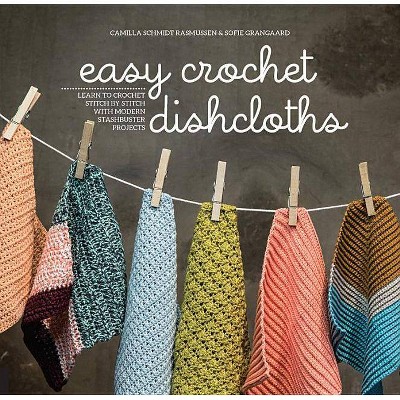Lace Identification - by Gilian Dye & Jean Leader (Hardcover)
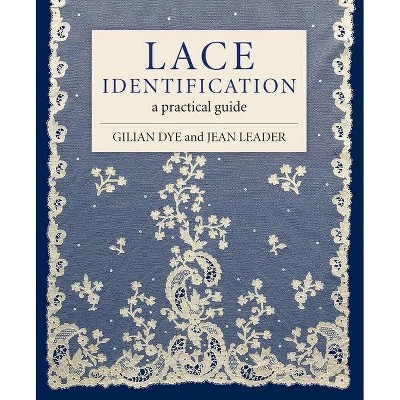
Similar Products
Products of same category from the store
AllProduct info
<p/><br></br><p><b> Book Synopsis </b></p></br></br>What is that lace? How old is it? Has it been made by hand or machine? What would it have been used for? These are the types of questions that this practical guide sets out to answer. Lavishly illustrated, it shows you how to identify the sort of lace that you might find hiding away in drawers and cupboards, or buy at a vintage textile fair. It deals predominantly with the hand-made and machine laces of the nineteenth and twentieth centuries. Topics covered include an introductory survey of the different types of lace, their history and construction; guidelines for a systematic approach to lace identification and advice on cleaning and storage; chapters on the different types of lace: bobbin lace, needle lace, craft laces such as crochet and tatting, machine lace and lace based on tapes and nets. There are exercises on distinguishing similar pieces of lace made using different techniques and there are illustrations of how lace has been used and of some of the tools used in the making. Written by experienced lacemakers Gilian Dye and Jean Leader, it presents items from their own collections to illuminate and inspire others who wish to know more about this fascinating textile. <i>Lace Identification</i> is a complete guide to the beauty of this stitch craft, and will richly reward all those who study the treasures they may own.<p/><br></br><p><b> About the Author </b></p></br></br><b>Gilian Dye</b> has been making and teaching lace since the 1970s. She has been an active member of the British Lace Guild since its early years and was involved in establishing the Guild's lace collection as a registered museum. She has written books and articles on many aspects of lace, including a series on early lace, her particular interest, and her area of expertise. <b>Jean</b><b>Leader</b> is a maker and teacher of lace and the author of several books on lacemaking. She has contributed material on lace identification to a guide for textile curators in British museums, has produced a reference to different types of lace in the form of an iPhone app, and, in addition to her personal website, has one dedicated to European laces.
Price History
Price Archive shows prices from various stores, lets you see history and find the cheapest. There is no actual sale on the website. For all support, inquiry and suggestion messagescommunication@pricearchive.us
